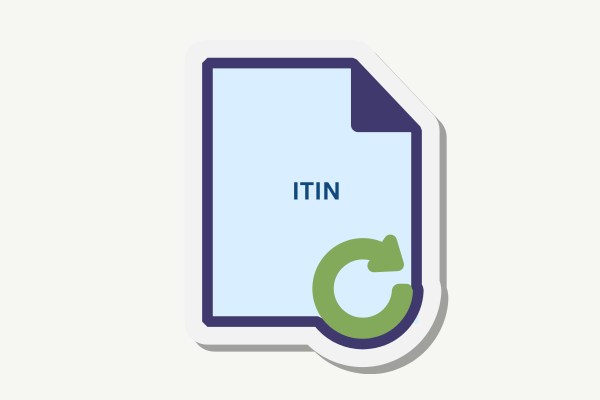Featured Pages
Latest IRS Update: Navigating New 1099-K Reporting Rules for Business Owners
Today we’re breaking down some crucial IRS updates in a way that doesn’t make your eyes glaze over. So, let’s dive into the world of IRS Form 1099-K.
Do I need to update my ITIN number?
An Individual Taxpayer Identification Number (ITIN) is a nine-digit number issued by the IRS for individuals who need a U.S. taxpayer identification number but are not eligible for a Social Security number (SSN). If you don’t renew your ITIN on time this year (2024), it could delay your tax return.
Carried Interests Undergo Significant Tax Treatments in 2024
Carried interests, partnership interests held in connection with services performed, will experience significant changes in reporting and taxation treatment this year.
EV Tax Credits: Things Electric Vehicle Owner Should Know in 2024
The Inflation Reduction Act (IRA) contains funding for energy programs, including a $7,500 tax credit for electric vehicles (EVs). The law also provides tax credits for commercial trucks and home charging installations in rural areas. Plus, some used electric vehicles are also eligible for an incentive.
What to Do If You Haven’t Filed Your Tax Return Yet
There are plenty of understandable reasons why you might not have filed your income taxes in 2024. Perhaps you’re new to the job market, and the requirement to file just slipped under your radar.
Your 2024 Guide to IRS Form 8300: Cash Reporting Made Easy
Hey there, business owners! It’s your team at Insogna CPA, and we’ve got some must-know updates about IRS Form 8300 that might just save you a headache or two.
2024 Corporate Transparency Act Reporting Requirements
The Financial Crimes Enforcement Network (FinCEN) has recently issued a rule under the Corporate Transparency Act that’s going to change how you report beneficial ownership information.
How Long Should You Hold On To Old Tax Records?
Generally, taxpayers should hold on to their tax records for at least three years after the due date of the return to which those records apply.








